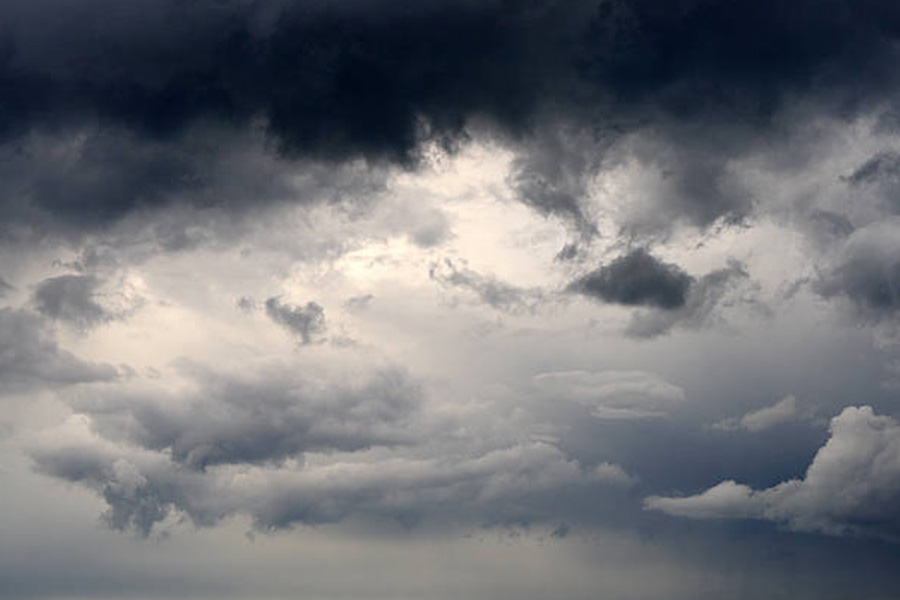Pakistan Punjab province on Tuesday said it has planned artificial rains to mitigate the impact of the smog after Lahore faced an alarming Air Quality Index (AQI) of 394.
It would be the second time that Lahore, the cultural capital of Pakistan and one of the cities to regularly face worst pollution, would carry out cloud seeding for artificial rain.
The first time it was done was in December 2023 that cloud seeding was done for combating hazardous levels of smog and the project had cost an estimated Rs 350 million.
Lahore was declared the most polluted city in the world on Monday with an alarming AQI of 394.
The AQI is a measure of the concentration of various pollutants in the air and an AQI above 100 is considered unhealthy and above 150 “very unhealthy”.
“Yesterday Lahore was declared the most polluted city in the world. We have taken a number of initiatives to address the matter and now we are planning for an artificial rain in the city,” Punjab Information Minister Azma Bokhari told a press conference here on Tuesday.
She, however, did not declare any date for it.
The Punjab government of Maryam Nawaz has also launched the ‘Anti-Smog Squad’ which will visit smog-affected areas.
The hazardous smog has led to widespread health issues among the city residents, including coughing, breathing difficulties, eye irritation, and skin infections.
Smog - the moniker for combination of smoke and fog - is a specific phenomenon that occurs when certain polluting microparticles mix with cold, moist air and hang close to the ground, reducing visibility and causing health issues.
These squads will educate farmers about the hazards of burning crop residues, promote the use of super seeders and offer alternative methods for residue disposal.
"The positive effects of the measures taken to combat smog will become visible in 8 to 10 years. Environmental protection has been included as a subject in the curriculum in the province,” Punjab Senior Minister Marriyum Aurangzeb, who holds the charge of the Environment Ministry, said and added the government has declared a war on smog.
She urged the farmers to avoid burning the crop residues, stressing that doing so harms not just the crops but also their children’s health.
Early this month, Punjab Chief Minister Maryam Nawaz had called for “climate diplomacy” with India to mitigate smog impact in the province.
Both sides should undertake joint efforts to combat smog, she said, adding that stubble burning in India's Punjab impacts across the border because of air direction.
“This issue needs to be taken up with India forthwith,” she said.
“Obstacles to environmental improvement must be removed. Smog causes breathing difficulties and damages eyesight,” the CM said.
Meteorology plays an important role in determining the level of air pollution in north Pakistan, just as it is a major factor in neighbouring region of northwest India. After the rainy season crop is harvested, farmers from both sides tend to burn stubble adding to the existing causes of pollution caused due to industrial emissions and transport.
Except for the headline, this story has not been edited by The Telegraph Online staff and has been published from a syndicated feed.











